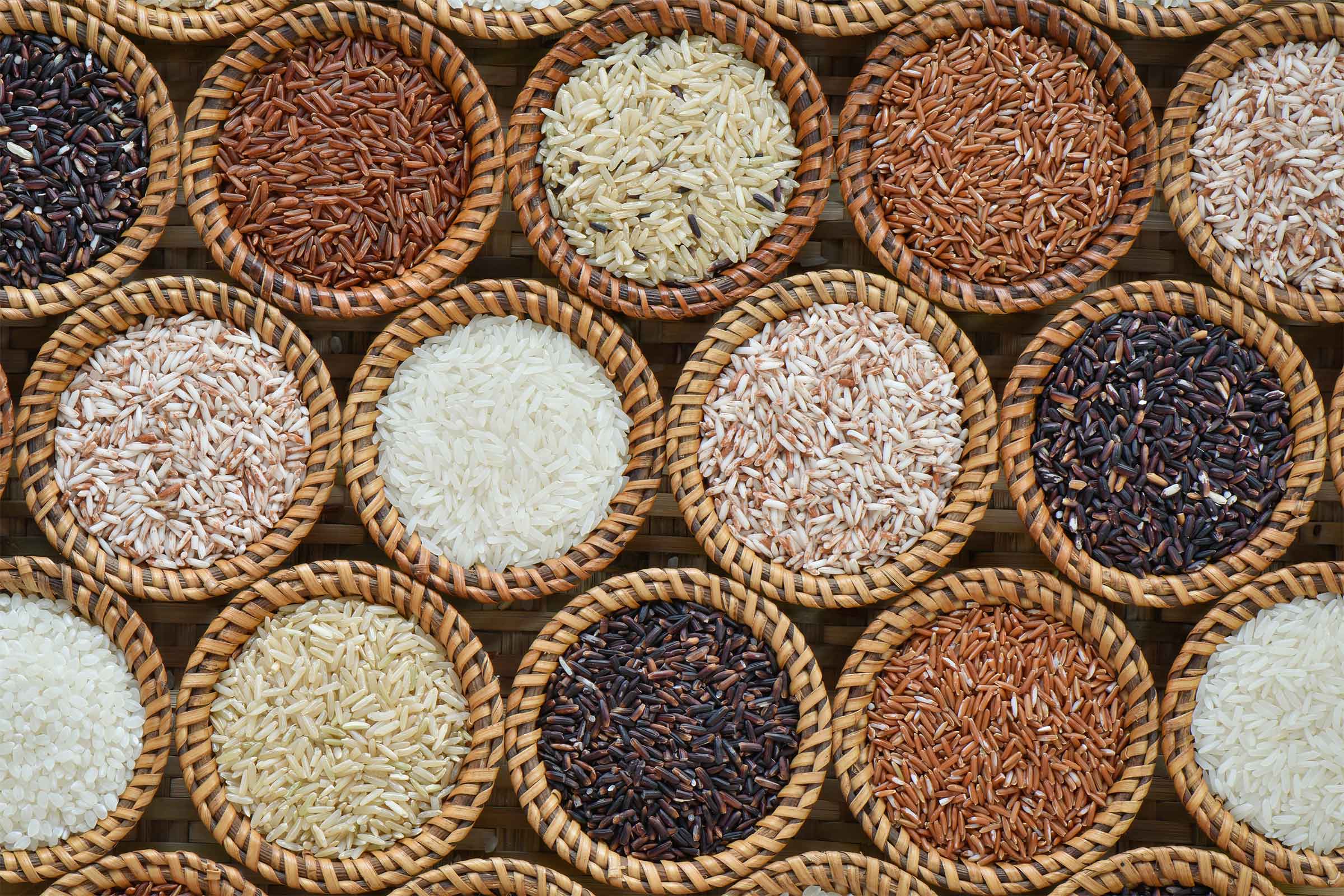The health benefits of coloured rice when it comes to how to tackle obesity are currently being investigated by PhD students at Charles Sturt University in Wagga Wagga.
Insight sat down with one of the students, Esther Callcott, to discuss the leaps and bounds she’s making in the research space with Charles Sturt University, and her plans for the future.
How to tackle obesity
Obesity rates are of epidemic proportions, so Esther is investigating the benefits of coloured rice in reducing the risk factors through her research at the Australian Research Council (ARC) Industrial Transformation Training Centre for Functional Grains. She’s putting purple, black, red and brown rice under the microscope to see if they can prevent obesity and its related diseases, like diabetes and cardiovascular disease.
“Consumers are demanding foods that not only meet their culinary requirements but also give them an added health benefit when consumed. We are working with the Australian Rice Breeding Program to identify which coloured rice varieties have the best therapeutic potential.”
“People who are obese have higher levels of inflammation and toxin buildup,” she said. Coloured rice is rich in healthy compounds, and the research to date has shown that coloured rice can reduce these symptoms in the blood of obese people.
“If this research proves to be successful, it may enable consumers to incorporate coloured rice into their diets to potentially ascertain their personal health goals. Furthermore, Australian farmers would potentially have the ability to grow coloured rice varieties at a higher premium due to the associated health benefits and consumer demand,” Esther said.
A rewarding research experience
After completing her undergraduate studies in the city, Esther chose to move closer to home to take on her PhD.
“I chose to undertake my PhD at Charles Sturt University firstly, due to location. I live in Wagga, so it was perfect to have access to a rural university that has world-class laboratories on campus. Secondly, the family-friendly environment. My supervisors are very understanding when I need time for my children and I truly value the philosophy that the staff at the university practice,” she said.
“To be honest, a PhD is a roller-coaster; you have your highs and your lows. Something that is as prestigious as a PhD does not come without hard work, tenacity or ambition. You really need to work hard if you want to receive the reward.
“I enjoy coming to uni every day. I love the people I work with and would not be able to do this without them. The academic support that I receive is excellent and I truly believe I have made lifelong colleagues – and more importantly friends. Completing my PhD here at Charles Sturt University is definitely rewarding as the uni has a multitude of opportunities available for their students.”
What’s next for Esther?
“Definitely a holiday once I submit!”
“All jokes aside, my next step would be to see what postdoctoral opportunities are available. I would like to continue my research in bioactive compounds. Plus, continue to investigate what other health benefits may be associated with them. I’d like to establish myself as an academic. I have a passion for teaching and research and I would like to combine my two passions into the ultimate job.”
Esther believes studying with Charles Sturt has given her career an upward trajectory.
“I now feel that I know what areas I would like to pursue. And what skills I need to reach those goals. Being a part of the Functional Grains Centre has enabled me to interact directly with industry and develop a fundamental understanding of what future research needs to be conducted to benefit rural industries.”
Ready to make your mark on the world?
Explore postgraduate research opportunities with Charles Sturt University and start researching an area of interest to you.

